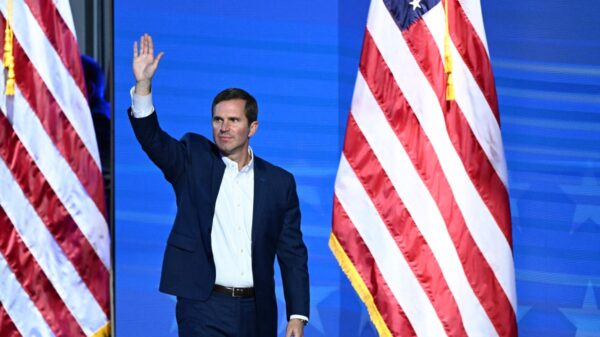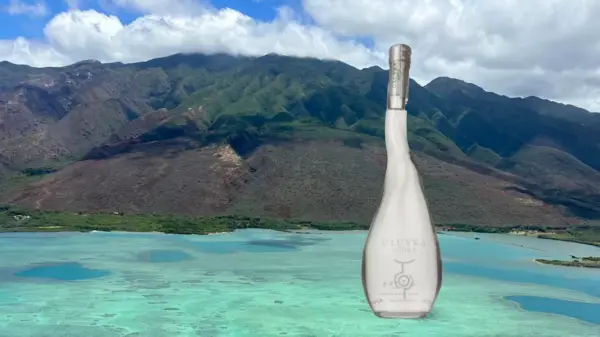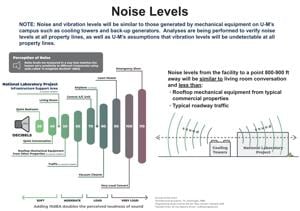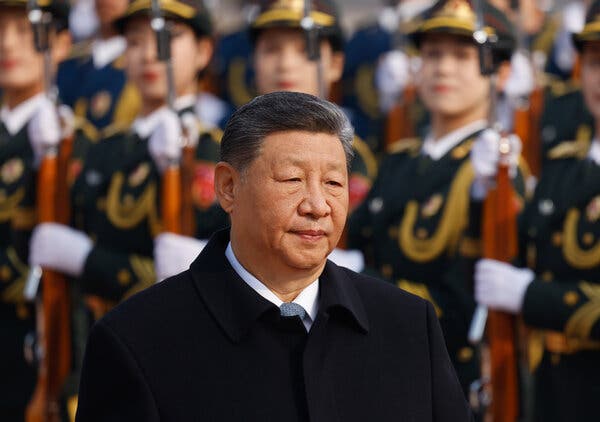UPDATE: Tensions between China and Japan have surged dramatically following remarks from Japan’s new Prime Minister, Sanae Takaichi, suggesting military intervention if China attempts to seize Taiwan. In response, Chinese officials have issued stern warnings to tourists and students to avoid Japan, while military vessels have been deployed to disputed waters, escalating the conflict.
As of July 2023, this escalating feud holds significant implications for both countries, especially given that China is Japan’s largest trading partner. The aggressive stance from Beijing aims to assert its dominance and deter Japan from pursuing a more assertive military policy, a move that has drawn international attention and concern.
The flare-up began when Takaichi indicated that Japan could act militarily if China blockades Taiwan, a remark that deviates from Japan’s traditionally pacifist stance. In a swift response, China’s Foreign Ministry demanded a retraction, recalling historical grievances from Japan’s invasions during World War II. This has prompted a series of retaliatory measures, including the suspension of economic and diplomatic exchanges.
On Monday, Japan dispatched a senior diplomat to Beijing to engage in urgent discussions, highlighting the seriousness of the situation. Furthermore, China has threatened to postpone the release dates of two Japanese films, signaling a broader cultural and economic backlash against Japan.
China’s military response includes patrolling islands claimed by both nations, an act that Japan’s cabinet officials have condemned as a violation of international law. Minoru Kihara, a top Japanese cabinet member, stated, “This is unacceptable,” underscoring the rising tensions.
Public opinion in Japan is deeply divided on the issue, with a Kyodo News poll revealing that 49% of respondents support military intervention over Taiwan, while 42% oppose it. This division may have emboldened China to escalate its threats, as analysts suggest that Beijing perceives weakness in Japan’s stance.
Chinese state media have called for a maximum deterrent approach, arguing that Japan’s militarization poses a direct threat. Some analysts advocate for China to weaponize its rare earth exports, a move that could impact global supply chains and provoke further international unrest.
Despite the fierce rhetoric, there are indications that China’s heavy-handed tactics are provoking backlash. Japanese leaders have denounced these actions as excessive, with calls for a more robust defense posture against Chinese aggression.
The situation remains fluid, and as tensions rise, the international community watches closely. The upcoming Group of 20 summit could serve as a critical platform for diplomatic discussions, particularly as China’s Premier Li Qiang has refused to meet with Takaichi during the event.
In the wake of these developments, experts warn that the risks of miscalculation are high, with potential ramifications that extend far beyond the region. As both nations navigate this precarious moment, the stakes for military and economic stability in Asia have never been higher.
Stay tuned for further updates as this situation evolves.






































































